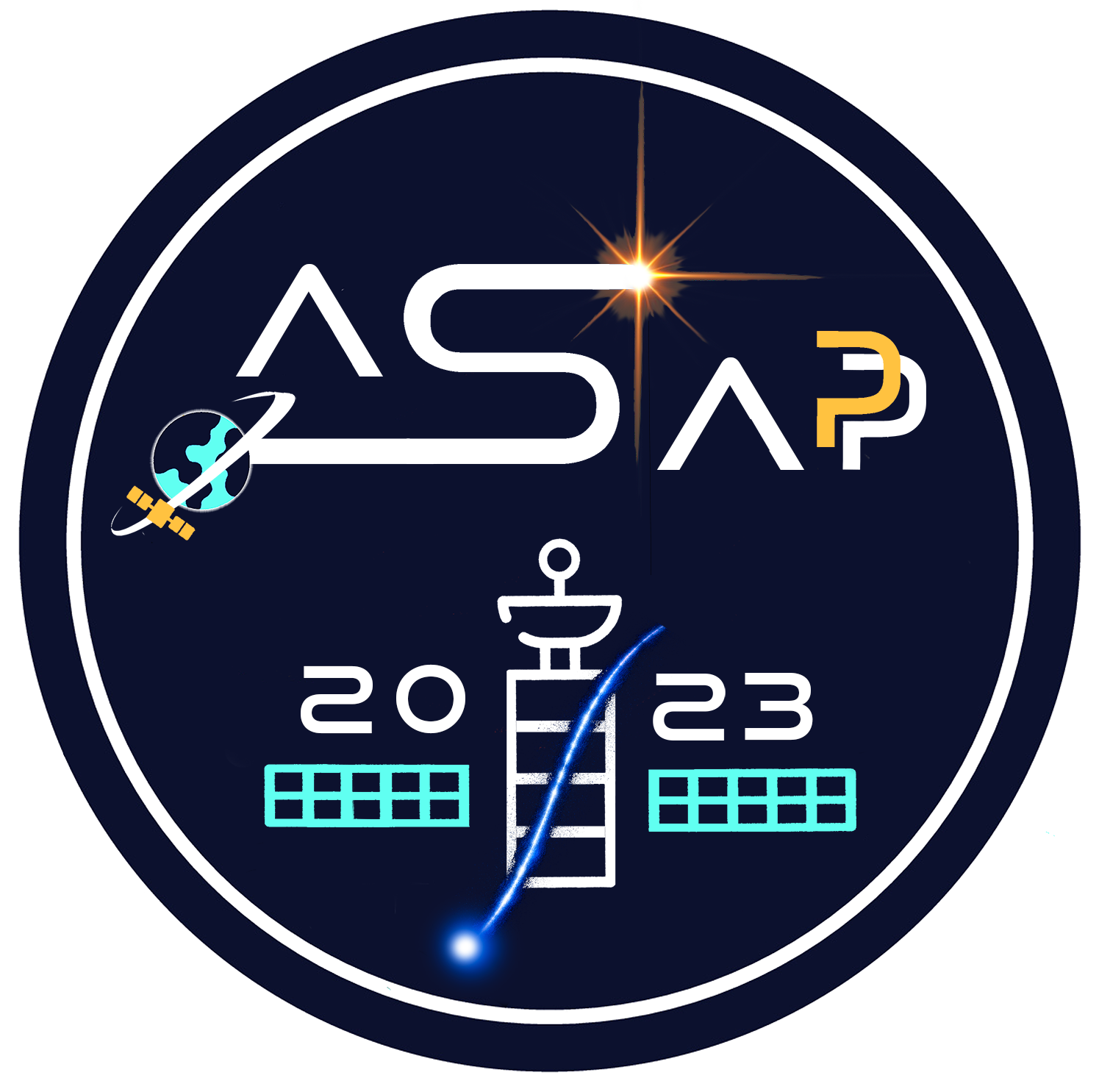Conference proceedings will be published in a Special Issue hosted by the journal MDPI Instruments.

Costs for Article Processing Charge (APC, see “Manuscript Submission Information”) for open access publication in the Special Issue are included in the conference fee for participants to the ASAPP2023 conference
CONFERENCE PAPER SUBMISSION INSTRUCTIONS.
SUBMISSION DEADLINE: 15 OCTOBER 2023
The special issue manuscripts can include “Article” or “Review” papers.
“Article” papers: Article papers present original research results that should include the most recent and relevant references in the field.
“Review” papers: Review papers offer a comprehensive analysis of the existing literature within a field of study, identifying current gaps or problems. They should be critical and constructive and provide recommendations for future research. No new, unpublished data should be presented.
Additional information on paper contents
WORD template / LATEX template
To submit to the journal, use the manuscript upload form and select the Special Issue “Advances in Space AstroParticle Physics: Frontier Technologies for Particle Measurements in Space”
The Special Issue on Advances in Space AstroParticle Physics: Frontier Technologies for Particle Measurements in Space is open to collect contributed papers aiming to review the progress in the design, development, integration, and testing of instrumentation for measurement of particles and high-energy radiation in space.
The Guest Editors invite the community to submit scientific articles on the subjects relevant to the topic of Frontier Technologies for Particle Measurements in Space to be collected in this Special Issue:
- Instrumentation and missions for direct high-energy cosmic ray measurements in space
- Instrumentation and missions for indirect high-energy cosmic ray measurements in space
- Instrumentation and missions for direct low-energy cosmic ray measurements in space
- Instrumentation and missions for hard X-ray and Y-ray direct measurements in space
- R&D of novel approaches and instruments for particle and high-energy radiation measurements in space, including (but not limited to):
- Tracking detectors
- Calorimetry detectors
- Fast Time-of-Flight systems
- Detectors for particle ID
- High-Temperature Superconducting magnets
- FE and DAQ systems
In consideration of the variegate approaches that have been consolidated in the current era of space observations, contributions that target all opportunities of space platforms will be addressed, from cubesats and nanosatellite constellations up to large-size space missions, including stratospheric balloon flight missions.
